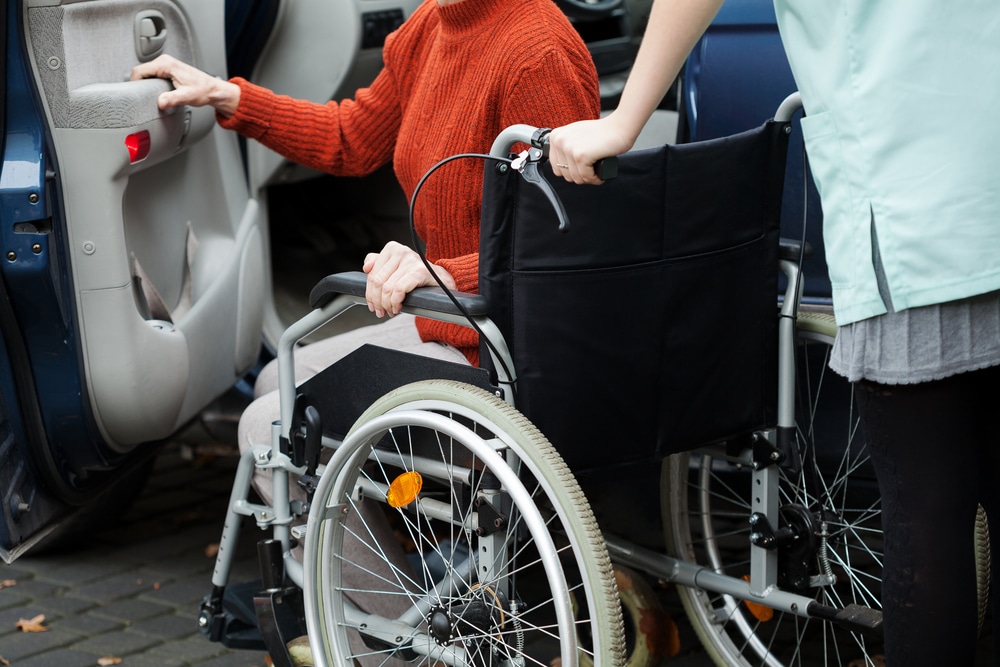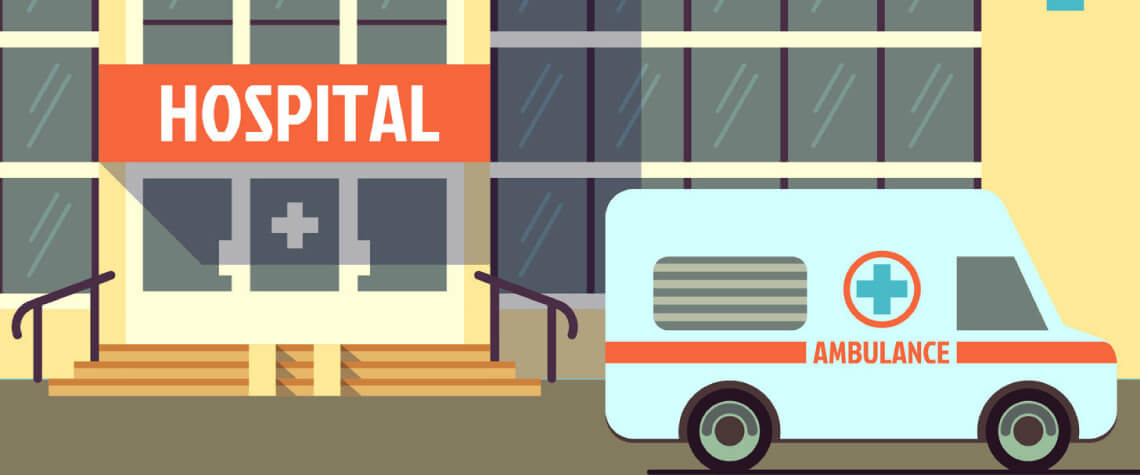Affordable and Accessible Medical Transportation Options for Every Situation
In the world of medical care, the capacity to gain access to medical solutions is paramount, yet the difficulty of affordable and easily accessible transport can usually hinder people from receiving necessary care. By exploring specialized medical transport solutions, area transport programs, ride-sharing and taxi solutions, non-emergency clinical transport, as well as public transit and paratransit alternatives, people can discover methods that provide to their certain demands and ensure they receive the treatment they need.
Specialized Medical Transport Services
Specialized clinical transport services play a crucial duty in making certain risk-free and efficient transport for people requiring specialized treatment during transportation. These services deal with people with special medical demands, such as those requiring constant tracking, customized devices, or medical interventions throughout transport. By making use of specifically complete vehicles and qualified clinical personnel, specialized clinical transportation services make sure that patients receive the essential care while being delivered in between healthcare facilities, houses, or other locations.
One secret element of customized medical transport services is the concentrate on person comfort and security. Medical transportation teams are trained to manage numerous clinical conditions and emergencies that may occur during transit, offering a greater level of treatment than typical transport alternatives. In addition, these solutions often offer door-to-door aid, minimizing the stress and discomfort that people might experience throughout transfers.
Neighborhood Transportation Programs
Having actually addressed the crucial function of specialized clinical transportation solutions in making certain safe and reliable transportation for people with distinct clinical needs, the focus currently shifts to checking out Neighborhood Transport Programs - medical transportation. These programs play an important function in providing affordable and easily accessible transport services for the general populace, consisting of seniors, individuals with specials needs, and low-income families who may deal with obstacles in accessing traditional transportation options
Area Transport Programs incorporate a range of solutions such as fixed-route buses, paratransit solutions, volunteer driver programs, and ridesharing initiatives. These programs are typically funded by city governments, charitable organizations, or private companies to make certain that people have reliable transport alternatives to get to medical appointments, food store, social tasks, and other vital destinations.
Ride-Sharing and Taxi Services

Among the vital benefits of ride-sharing and taxi solutions is their ease of access. These solutions run 24/7, enabling people to take a trip to clinical appointments, pharmacies, or medical facilities at any moment of the day. Furthermore, ride-sharing and taxi solutions provide to people with flexibility obstacles by using wheelchair-accessible automobiles upon demand.
Additionally, ride-sharing and taxi services can be particularly beneficial for people living in areas with restricted public transport alternatives. By bridging the void between home and healthcare centers, these services play a crucial function in ensuring that everybody has access to necessary medical solutions.
Non-Emergency Medical Transportation

Non-Emergency Medical Transport providers commonly utilize trained workers that are experienced in helping people with varying clinical needs (medical transportation). These specialists ensure that individuals are safely transported to their locations in a prompt fashion, addressing any type of details requirements or medical tools necessary during the trip. By offering door-to-door service, Non-Emergency Medical Transport boosts the total ease of access of health care for people that may otherwise struggle to attend critical clinical consultations. In general, these services contribute substantially to boosting medical care outcomes by facilitating the seamless transportation of clients to non-urgent medical facilities.
Public Transportation and Paratransit Options
Public transportation and paratransit choices use important transportation solutions for individuals with differing wheelchair needs, making certain access to vital destinations such as clinical facilities and consultations. Public transit systems, including buses, trains, and metros, offer a cost-effective and commonly readily available mode of transport for people seeking to reach clinical consultations. These services are especially beneficial for those who might not have accessibility to private cars or need aid due to flexibility challenges.
Paratransit services cater particularly to individuals with specials needs that Recommended Site are incapable to use conventional mass transit. These services use door-to-door transport, fitting people with wheelchairs, walkers, or various other wheelchair help. Paratransit vehicles are geared up with features such as mobility device ramps and securement systems to ensure the risk-free and comfy transport of guests with differing wheelchair demands.

Conclusion
